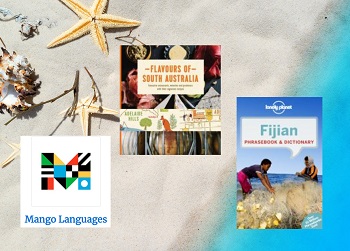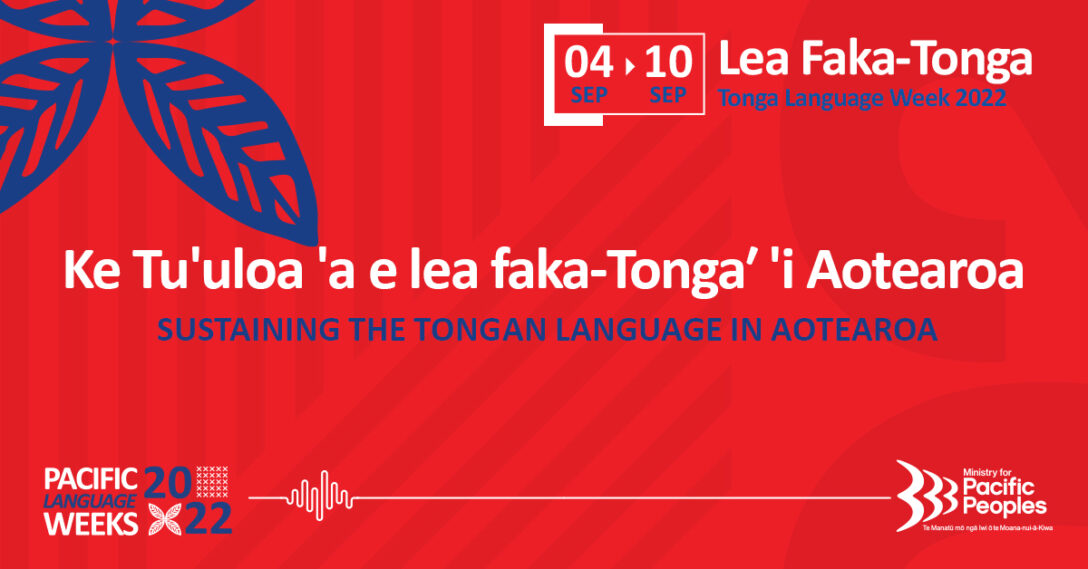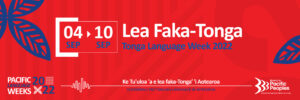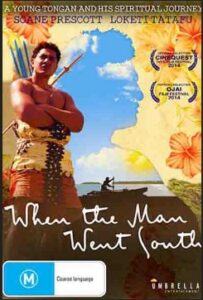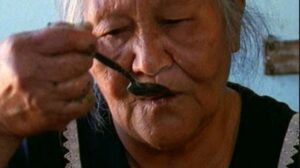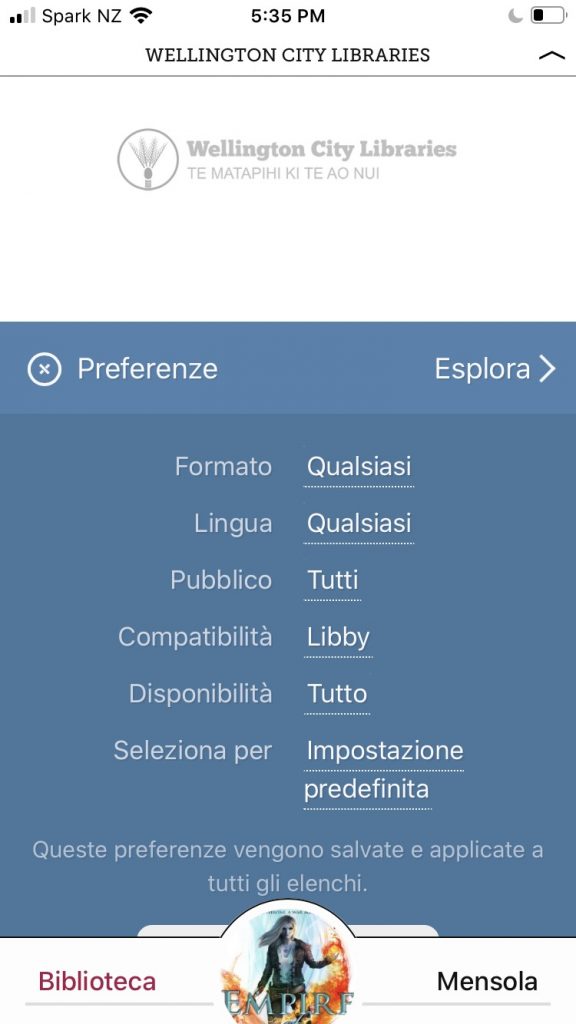When you are on an overseas trip, is it easy to order food other than McDonalds? Would you like to know what to say in response to friendly local’s greeting? Here are some resources on language, culture and food, perfect to read while you plan your next flight to escape the winter and wind.
- Mango Languages is the free resources for learning key phrases to survive your next trip at many popular travel destinations such as Indonesia, France, Japan, and more.
Lonely Planet Fijian phrasebook & dictionary
“Dazzling sands, perfect palm trees and waters so blue they glow – Fiji’s beaches look airbrushed. While most Fiji locals can speak English, it’s not their mother tongue. Never be stuck for words with our extensive two-way dictionary; order the right meal with our menu decoder; refreshed look and improved navigation. Get more from your trip with easy-to-find phrases for every travel situation. Use our carefully selected words and phrases to get around with ease.” (Adapted from Amazon.com)
Japanese
“Rough Guide Japanese Phrasebook: a convenient, contemporary travel companion from Rough Guides’ trusted language experts. Compact, clear, and packed with key words and phrases to help conversation, this pocket-sized Japanese phrasebook is a trusty travel companion, and all you need to make yourself understood when you’re visiting Japan. With its emphasis on conversational usage, and pop language – this is the only phrase book you’ll need when exploring Japan.” (Adapted from the Catalogue)
South Pacific phrasebook / Te ‘Atamira
“Your passport to the most relevant South Pacific phrases and vocabulary for all your travel needs. Chat over dinner with a local family in Fiji, understand the hula in Hawaii, and join a traditional umukai feast in Rarotonga. With language tools in your back pocket, you can truly get to the heart of wherever you go. Languages: Fijian, Hawaiian, Kanak languages, Maori, Niuean, Rapanui, Rarotongan Maori, Samoan, Tahitian, Tongan, Fijian Hindi, Pacific French and Spanish”. (Adapted from Amazon.com)
Flavours of South Australia : favourite restaurants, wineries and producers with their signature recipes
“You’ve never seen South Australia like this before. From farm gates to cellar doors and hidden bars to extraordinary restaurants, prepare to immerse yourself in the best of South Australia’s culinary scene. Within these pages you can journey from the remarkable restaurants in Adelaide to the world-renowned wineries and producers of the Barossa.” (Catalogue)
Tokyo : a pocket guide to the city’s best cultural hangouts, shops, bars and eateries / Wide, Steve
“Tokyo is a city of contemporary metropolis where there are bright lights and neon, bars under railway bridges, Michelin ramen and sushi, tech, toys, coffee and vintage shopping. The crazy, the cute, the chic and the traditional are all flourishing in this city. All you need to know to shop, eat, drink and explore. Also nearby places like Nikko, Hakone, Mount Takao, and the cute ‘Eno-den’ train from Kamakura to Enoshima and Fujisawa.” (Adapted from the Catalogue)
Korean BBQ & Japanese grills / Cramby, Jonas
“In Korean BBQ & Japanese Grills Jonas Cramby explores recipes of Korean and Japanese barbecue and culture. He shares his favourite recipes such as yakitori, yakiniku and izakaya-style classics and Korean BBQ. He also outlines how to perfectly ferment kimchi, how to grill indoors without choking and how to chill a refreshing lager without it turning to ice. Simple salt and fire with the right practice and the right technique can turn into something sublime ” (Adapted from the Catalogue)
Thai in 7 : delicious Thai recipes in 7 ingredients or fewer / Holmes, Sebby
“Thai recipes often has too many ingredients, so it becomes a cuisine we treat ourselves at a restaurant rather than cook at home. Author shows how to make deliciously fragrant and fiery Thai dishes with ingredients from supermarkets. From Drunken Noodles with Tiger Prawns and Sweet Basil to Yellow Curry with Mushrooms and Crispy Tofu with Soy & Sesame Glaze. Also pickles and desserts to make your taste buds tingle.” (Adapted from the Catalogue)


